When thirty-seven-year-old media professional Ayan Jain* (name changed) passed away suddenly following a heart attack, his young family was left devasted. Ayan had no past history of a heart ailment, which made it tougher for the family to accept the fate. In the past couple of years, the media has also reported the passing away of several celebrities due to heart-related ailments at a young age – be it Sidharth Shukla (40), singer KK (53), or Puneeth Rajkumar (46). While many recovered, the news of comparatively younger people getting heart attacks has been on the rise. Recently, Sushmita Sen also suffered from a heart attack at the age of 47 as did Remo D’Souza in 2020, when he was around 45. In 2021, former Indian cricket captain and BCCI President Sourav Ganguly suffered a heart attack aged 48.
On Wednesday, May 24, 2023, popular TV actor Nitesh Pandey, who essayed the role of Dheeraj Kumar in the popular soap ‘Anupamaa’, passed away at the age of 51. While his kin has said it’s due to cardiac arrest and the police has mentioned that prima facie, it looks like heart attack, investigations are on.
So what are the reasons and is Covid-19 anyway related to this? Dr Bimal Chhajer, Director, SAAOL Heart Center, shares his insights with Zee News Digital.
Are Younger People At Increased Risk Of Heart Problems?
The reported cases of young people dying from heart attacks may be influenced by several factors, says Dr Chhajer. “First, it’s important to note that heart attacks can occur at any age, but they are more commonly associated with older individuals. However, if there is an apparent increase in cases among young people, it could be attributed to multiple reasons,” he shares. Dr Chhajer lists out few main reasons:
1) Increased awareness and reporting: Improved access to healthcare information and advancements in medical technology may contribute to better detection and reporting of heart-related conditions, including heart attacks, in young individuals. Previously, such cases might have gone unnoticed or misdiagnosed.
2) Changing lifestyle patterns: Modern lifestyles often involve sedentary behaviour, unhealthy eating habits, excessive stress, and a lack of physical activity. These factors can contribute to the development of risk factors for heart disease, such as obesity, high blood pressure, and high cholesterol, even among young people.
3) Genetic predisposition: Some individuals may have a genetic predisposition to heart disease, which can increase their risk of experiencing a heart attack at a younger age.
“It’s important to keep in mind that while the reported cases may seem concerning, they may still represent a small proportion of the overall population, and further research is needed to fully understand any potential increase,” says Dr Chhajer.
Heart Attacks And Covid-19: Is There A Link?
Dr Chhajer says the relationship between Covid-19, Covid vaccines, and heart attacks in young people is still being investigated. “While rare instances of heart inflammation, such as myocarditis and pericarditis, have been reported following Covid-19 infection or vaccination, the overall risk appears to be very low. However, it’s important to note that the risk of severe illness or death from Covid-19 is generally higher than the risk of heart complications,” the doctor adds.
Heart Attack: Warning Signs To Look Out For
Dr Chhajer points out that the warning signs of a heart attack can vary from person to person, but common symptoms include:
1) Chest pain or discomfort: This is often described as a feeling of pressure, tightness, or squeezing in the chest. It may last for a few minutes or come and go.
2) Pain or discomfort in other upper body areas: This can include pain in one or both arms, the back, neck, jaw, or stomach.
3) Shortness of breath: Feeling breathless or having difficulty breathing, which may occur with or without chest discomfort.
4) Cold sweat, nausea, or light-headedness: These symptoms can occur alongside chest pain or on their own. It’s important to note that some people, especially women, may experience atypical symptoms that are less commonly associated with heart attacks, such as fatigue, indigestion, or dizziness. If you or someone around you experiences symptoms that may indicate a heart attack, it’s essential to seek immediate medical attention by calling emergency services.
Steps To Take For A Healthy Heart
To maintain a healthy heart, Dr Chhajer recommends taking the following steps:
1) Eat a balanced diet: Incorporate fruits, vegetables, whole grains, lean proteins, and healthy fats into your meals. Limit the intake of processed foods, saturated and trans fats, sodium, and added sugars.
2) Engage in regular physical activity: Aim for at least 150 minutes of moderate exercising a week.







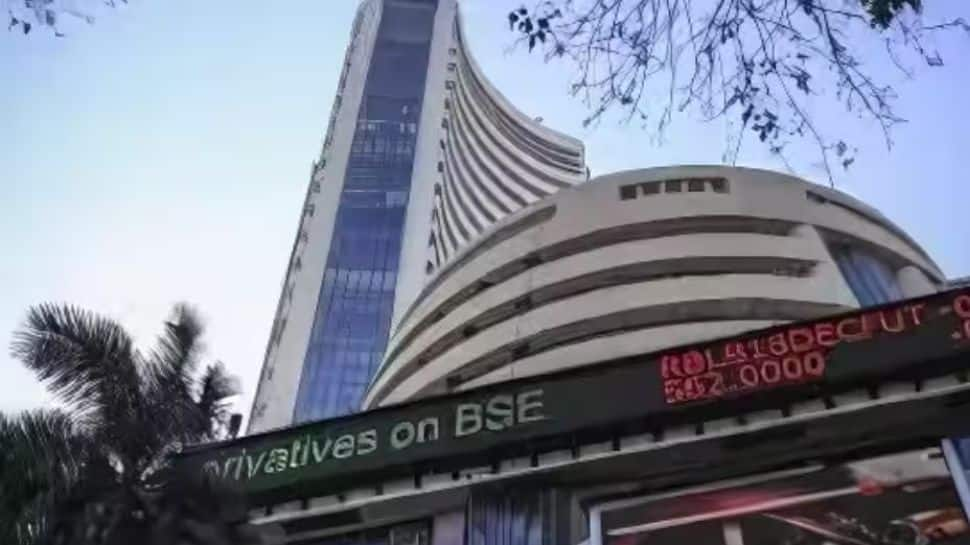


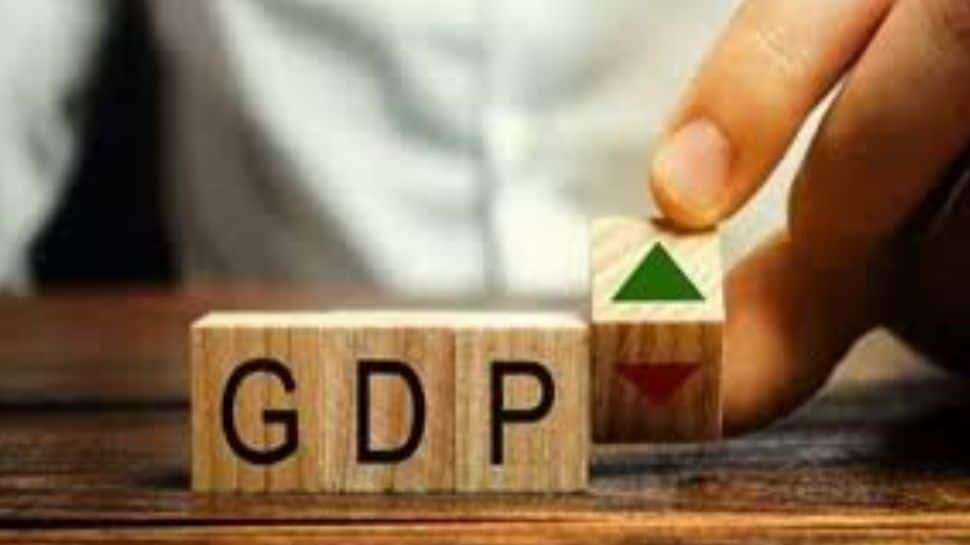
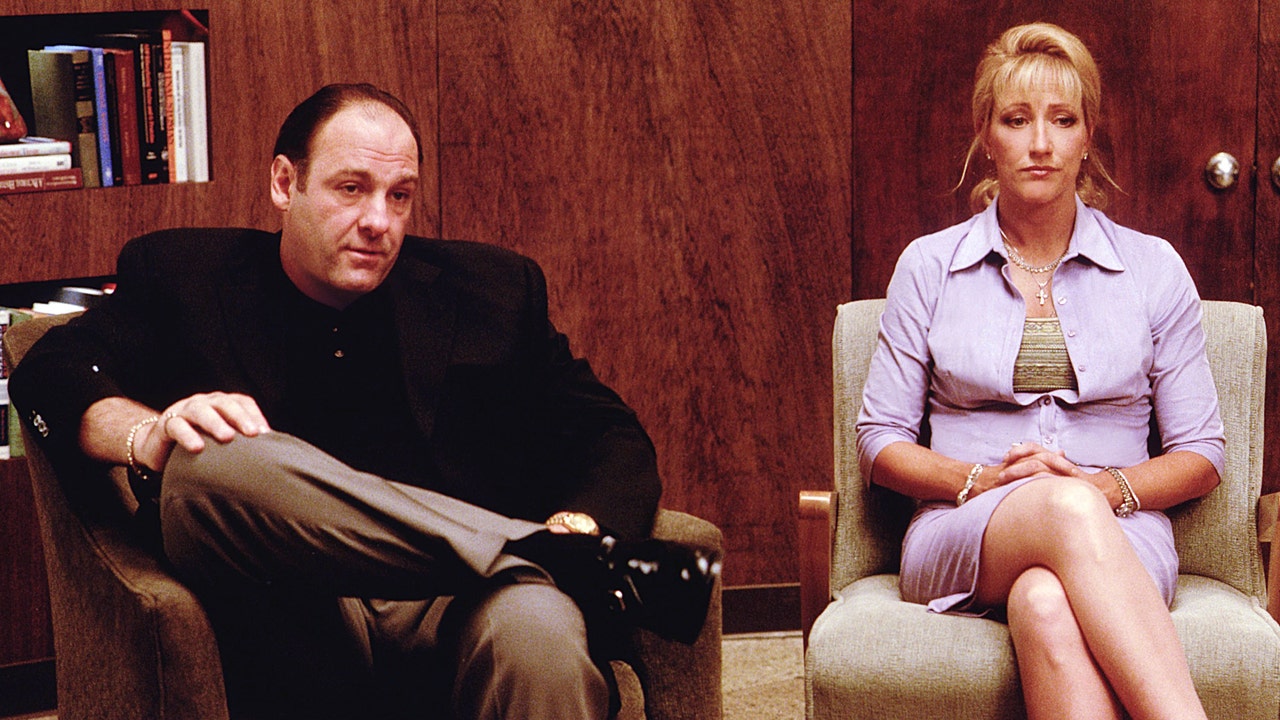

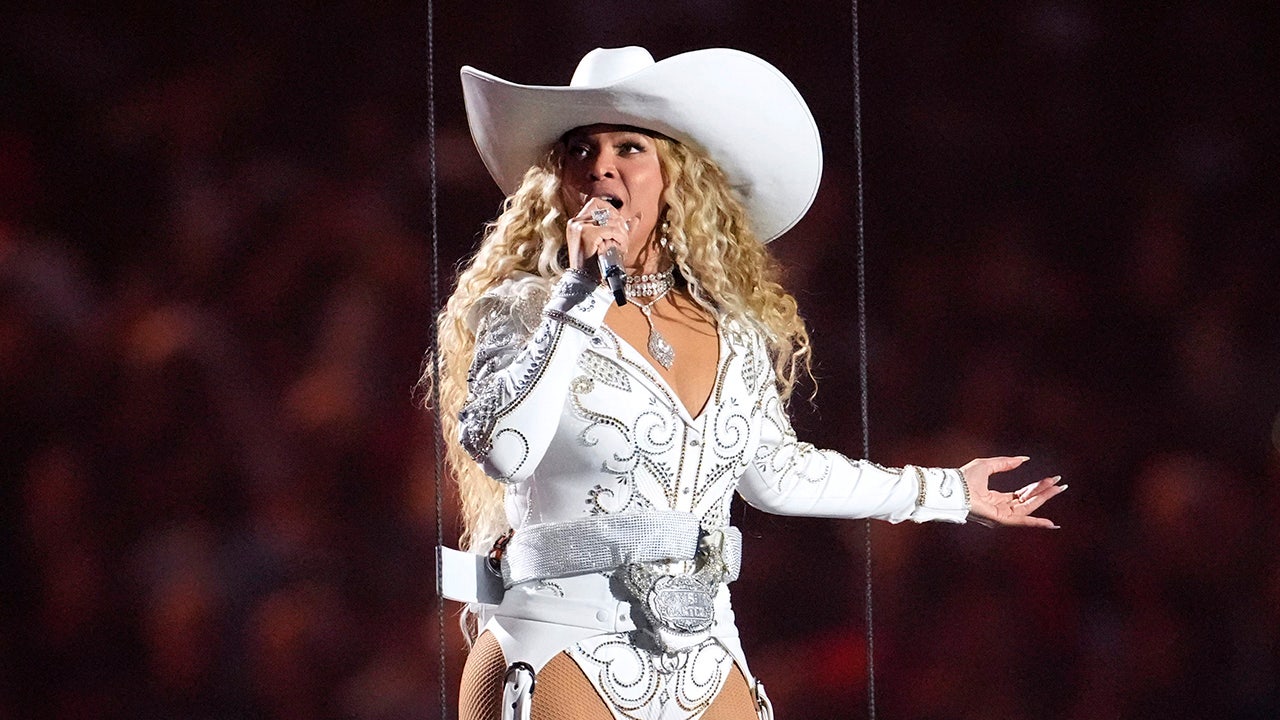












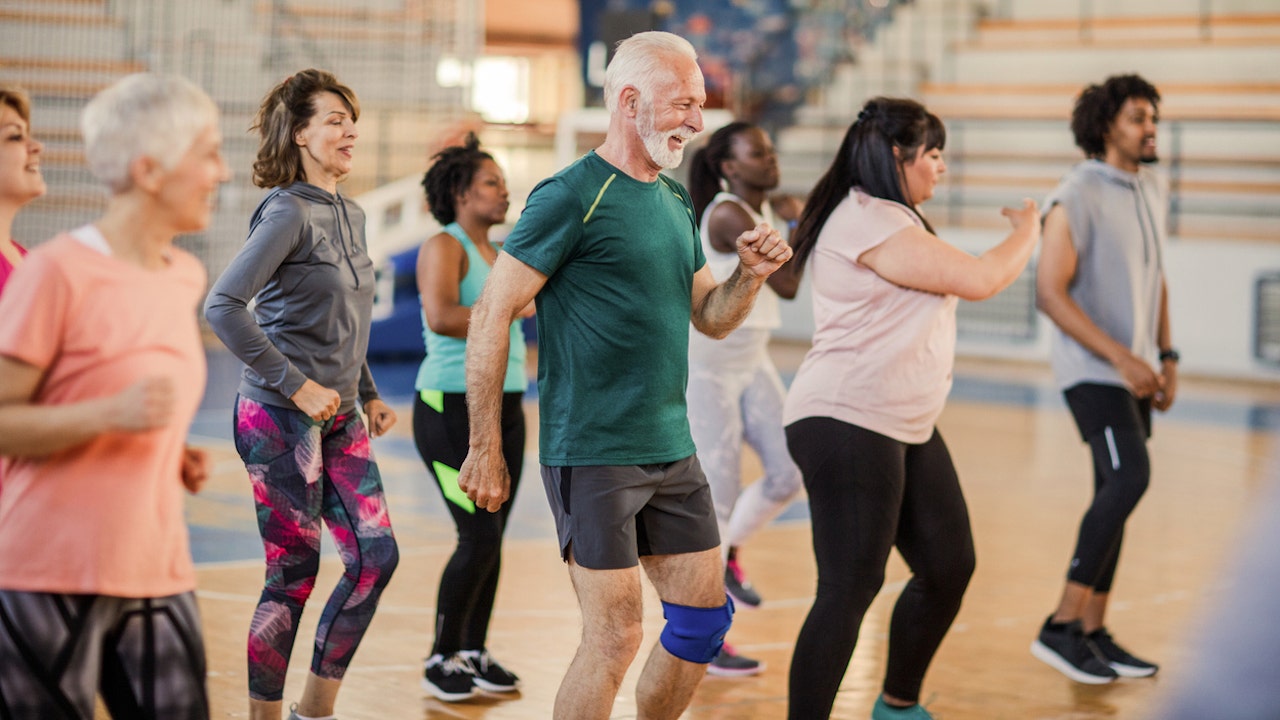


















)
